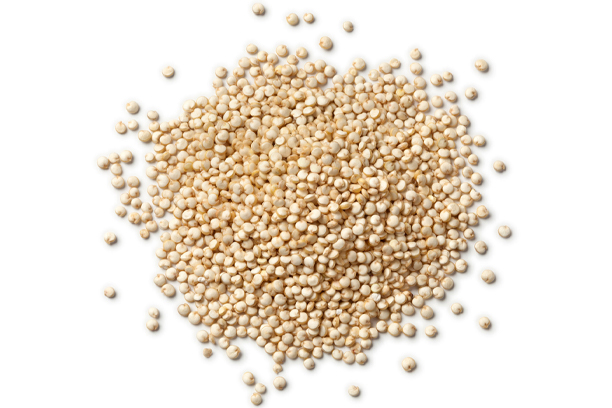Quinoa has experienced a dramatic increase in popularity recently because it is complete protein and gluten-free. Quinoa, pronounced “keen-wa,” is a gluten-free alternative to starchy grains. It is technically a seed belonging to the same family as beets, chard, and spinach, although frequently playing a role similar to that of grains in meals.
Yash Birla enjoys having Quinoa in his meals.
Yash Birla is a health conscious person and is mindful of the things that he consumes. He says that quinoa is one of the best sources of protein for vegetarians. It contains a lot of protein and is a substantial plant source of all nine essential amino acids. Quinoa, which has been grown all across South America for thousands of years, served as the principal food supply for the Incas and their descendants (Peru, Chile, and Bolivia). In recent years, chefs have praised it as a preferable alternative to bulgur wheat, couscous, and rice.
Nutritional benefits of quinoa
A 100g serving of cooked quinoa provides:
- 120 Kcal/503KJ
- 4.4g protein
- 1.9g fat
- 19.4g carbohydrate
- 2.8g fibre
- 17mg calcium
- 64mg magnesium
Top 5 Health Benefits of Quinoa
Quinoa is a beneficial dietary addition for people who eat a vegan or plant-based diet. Quinoa has a superior amino acid profile, just like buckwheat, and contains each of the nine necessary amino acids. Look at the top 5 health benefits of Quinoa:
-
May reduce the risk of chronic disease
Quinoa has a high concentration of anti-inflammatory phytonutrients, making it potentially good for human health in terms of illness prevention and treatment. Quinoa has a higher level of monounsaturated fat than other grains and has only trace amounts of the heart-healthy omega-3 fatty acids.
-
Can aid weight loss
Quinoa, which has a higher protein and fibre content than rice or barley, may be advantageous for persons who are attempting to manage their weight. This can be explained by the fact that protein and fibre, which are gratifying, aid in the regulation of our appetite. Due to its slow energy release and low glycaemic index (GI), quinoa has a lower propensity to stimulate cravings and raise hunger.
-
May balance blood sugar
Although further study is needed, a small number of studies suggest that quinoa may enhance triglyceride levels and blood sugar management.
-
Suitable for celiac disease and gluten intolerance
Quinoa is naturally gluten-free and nutritionally dense, making it an excellent choice for those who cannot consume gluten grains, such as those suffering from coeliac disease. Quinoa is a better option for gut and digestive health than refined gluten substitutes like rice or potato flour because of its high fibre content such as rice or potato flour.
-
May improve gut health
According to studies, quinoa may enhance the diversity of healthy gut bacteria and lessen the inflammatory signs of illnesses like colitis. Quinoa serves as a prebiotic, giving healthy intestinal bacteria the energy they need to flourish.








Leave A Comment